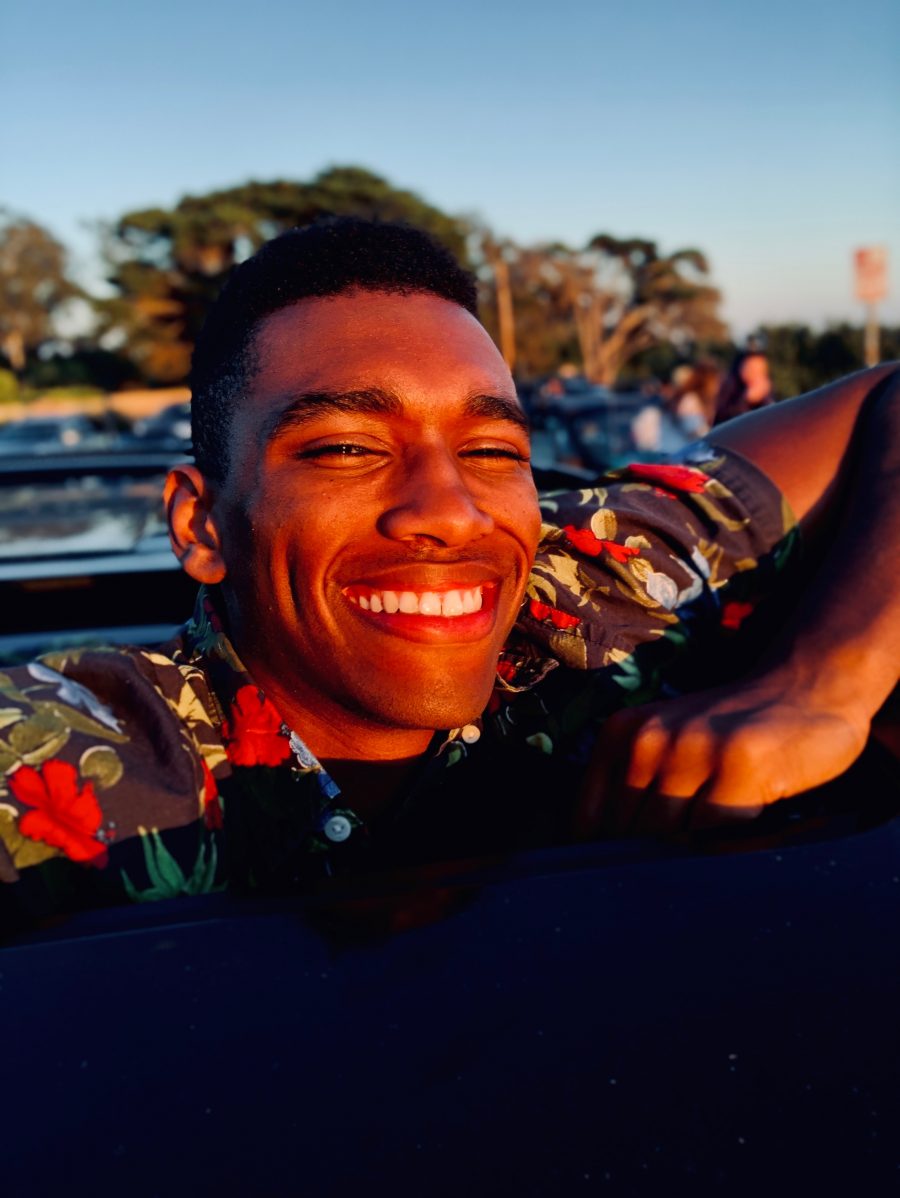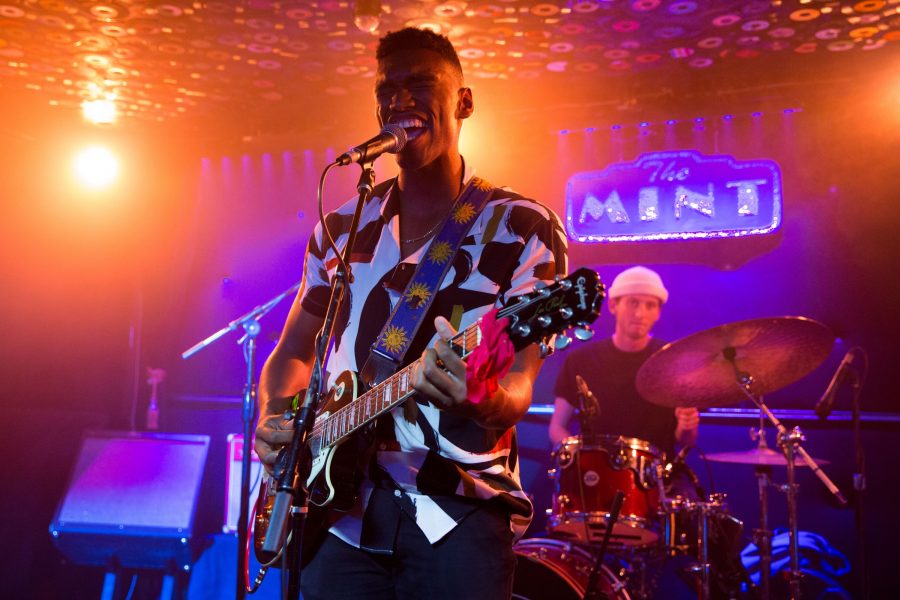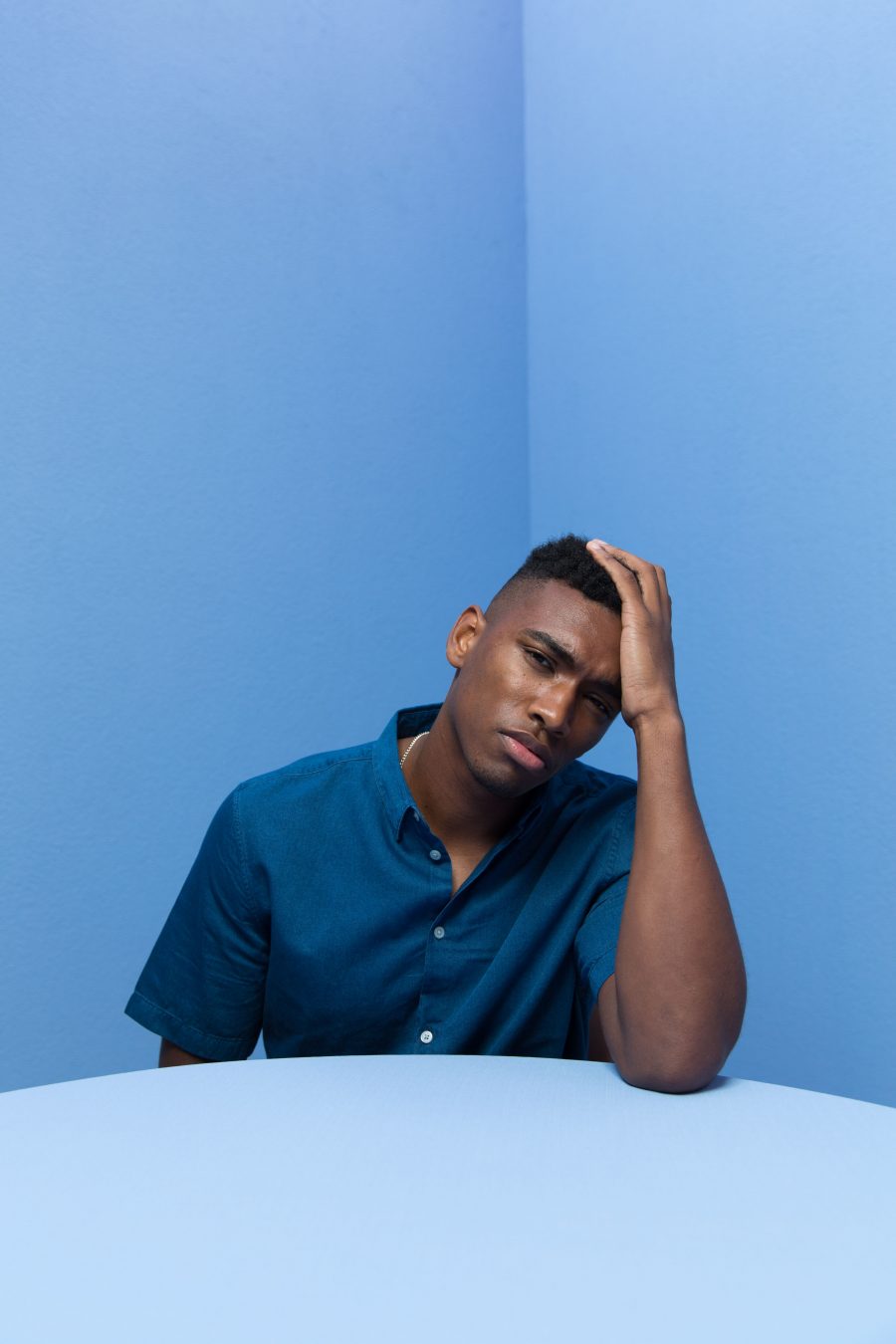This post has been edited for clarity.
D: How long have you been doing music? Do you remember when you wrote your first song?
J: It’s been a long time. I grew up singing in the church. I picked up piano, then guitar. I started writing around 12 years old.
D: Who’d you grow up listening to?
J: Erykah Badu, Anthony Hamilton, Beyonce…that was the type of stuff I was listening to when I was cleaning the house with my mom on the weekends, you know? It’s what got my mind into the sphere of what songwriting should be.
D: How would you describe your current sound? Do you think it’s changed from when you first started?
J: I think my sound’s definitely developed. Especially once I picked up the guitar it completely changed & revolutionized my sound. Soloing is the best form of expression for me. It’s really just a moment to go crazy.
D: Could you pick a word or phrase to describe your sound now?
J: Passionate. I’ve grown and matured in my understanding of love, and everything’s developed with that. I like having a powerful message and a deeper meaning; it’s important to me.
D: Do you base all your songs off of real-life encounters?
J: Yeah, yeah, which makes it pretty intimate. People end up being in your business a little bit, but I think you have to be that real to connect with people.
D: In your lyrics, you make a point to be honest and vulnerable about your emotions. Since men aren’t traditionally given that space, have you ever experienced any pushback with that?
J: Definitely, yes. Especially growing up in the South, it’s very different than when I came out here. What is it to be a man, the masculine image you’re supposed to uphold – it’s way different back home. I used to get shit for singing in choir instead of playing basketball. At a young age, that stuff really got to me. I found myself running away from music and playing football, since I thought that’s what I was supposed to do. Once I got back in tune with music, I realized that vulnerability is important. There is no single definition of masculinity – you just have to be yourself.
D: I’ve seen on your Insta that you recently dropped the music video for “Lost” (readers, video here). What headspace were you in while writing those lyrics?
J: “Lost” is really just a song about lustful love, kind of just gazing at someone and just being infatuated. That first sight type of deal, you know? But also, you never really know what to think of a person off the bat. “I’m lost in you, but I’m unsure.” Are you gonna hold me down, or what? But yeah, that’s where my head was at. We were in Oakland, I’d just met with the feature artist oghosthaze (her Instagram here). We co-wrote the song together, and my homie Ari Carpenter actually produced it (Instagram here).
D: Do you have the same team usually mix and master your stuff?
J: Yeah, the guy that mixes my records is Calin Enachi. He works at District Soundlab in Maryland. We met through a mutual friend. He kills the mixes for us. Our mastering engineer is up in SF, her name is Piper Payne.
 D: Really quick, can you define mixing and mastering for our readers?
D: Really quick, can you define mixing and mastering for our readers?
J: Oh yeah. Mixing is more like making elements cohesive in the space, you gotta make sure it all sounds clear and fits together. Mastering is more like shaping it and making the tracks more 3D-like, it usually results in making the tracks louder too. Both can really make or break a record.
D: How do you feel about the current state of music, and the industry in general?
J: I think it’s going in a positive direction. The Music Monetization Act just passed (more info here). It set up a royalty board to help facilitate royalties in the digital age. On Spotify, you get a fraction of a cent per stream. A million streams will probably only get you around $4000. To put it in perspective, artists put in hundreds of dollars for one track to sound good. You put together an album, you talkin’ at least a thousand dollars at least. The personal investment is really high, which sucks. As an artist, we can’t even eat because we’re not being fairly compensated. It costs the streaming services basically nothing to put our stuff up, the cost is minimal to store the data. There’s really no excuse for them not to pay us more. If we want to continue to have great music and content, we need to find the value in spending money in something that the artist invests their heart, soul, and time into.
D: So you’re saying it’s better to buy the actual mp3? If you really tryna support?
J: Yeah, the royalties are much higher. Now, the industry’s really shifted in terms of revenue. When people were buying CDs, artists were making money on the entire sale, as opposed to what this arbitrary number of what a stream is worth.
 D: So to bring it back to your art, what’s your favorite line you’ve written?
D: So to bring it back to your art, what’s your favorite line you’ve written?
J: Ooh, that’s a tough one. I have a song on my project called “Crazy”, it’s the last one on the project. There’s a section at the end: “I know this talk is overdue, I’m not looking for something new / If I should stay / Who knows what’s true if love is blind? / If I should stay, give me a sign.”
D: What are your future goals?
J: To continue to tell my story, and build genuine connections with people. From there, I see myself playing on a lot of different stages. I plan to do a US tour, hope to hit some Canada dates, and just continue to find dope opportunities and have a positive impact. I plan to drop a project at the end of this summer.
Check out Jordan’s most recent music video, “Lost”.
Follow him at @jordanhawkinsmusic! His Spotify, here!

